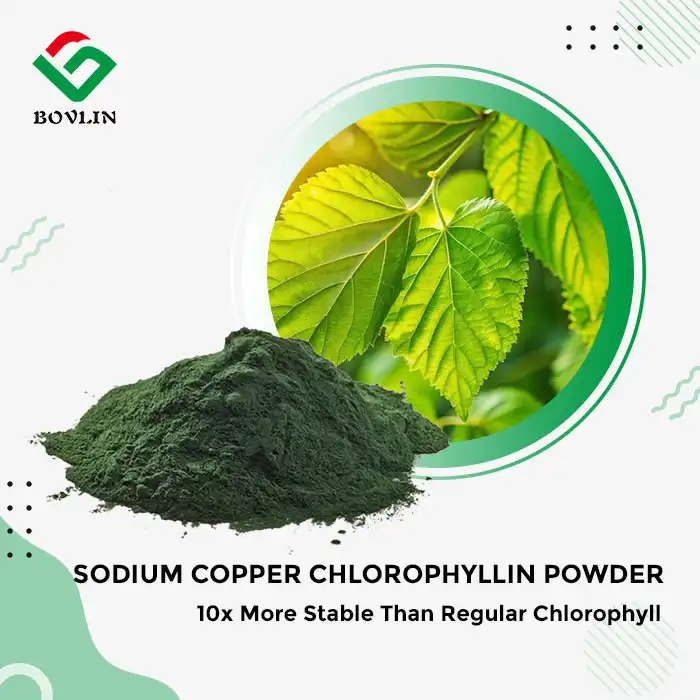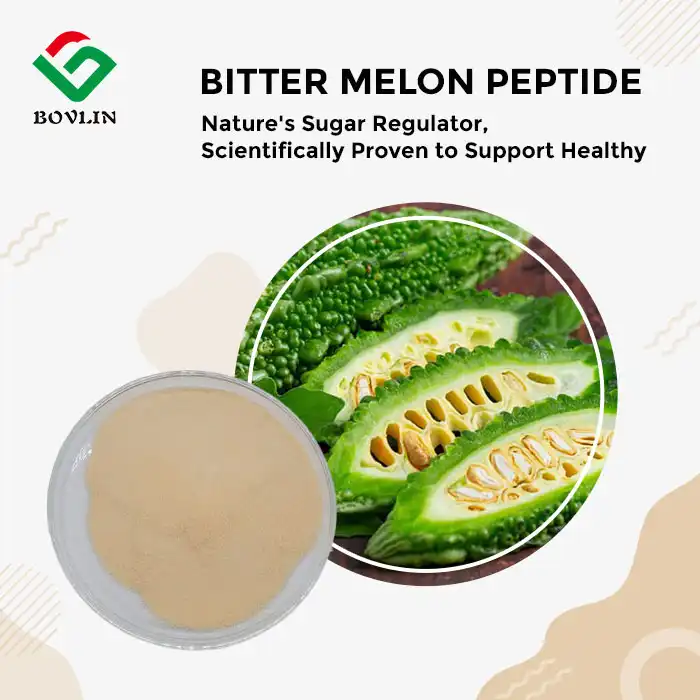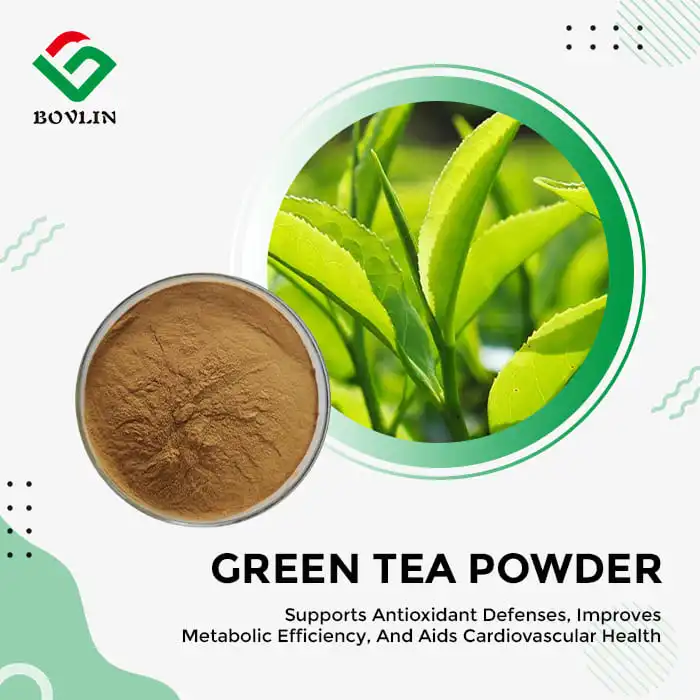What Benefits Does It Offer for Skin and Hair Formulations?
Enhancing Hair Strength and Elasticity
Hydrolyzed corn protein powder exhibits remarkable benefits for hair care formulations. Its low molecular weight allows it to penetrate the hair shaft, strengthening it from within. This protein fills in gaps and weak spots along the hair cuticle, resulting in improved overall hair structure. As a result, hair becomes more resilient, less prone to breakage, and better equipped to withstand environmental stressors. The enhanced elasticity provided by hydrolyzed corn protein also contributes to increased manageability and reduced frizz, making it a valuable ingredient in hair care products aimed at promoting healthier, stronger hair.
Skin Barrier Function and Hydration
In skincare formulations, hydrolyzed corn protein plays a crucial role in supporting the skin's barrier function. Forming a protective film on the skin's surface, it helps to lock in moisture and prevent transepidermal water loss. This barrier-enhancing property is particularly beneficial for individuals with dry or sensitive skin. The protein's ability to attract and retain water molecules also contributes to improved skin hydration, resulting in a plumper, more supple complexion. Cosmetic products incorporating hydrolyzed corn protein for hair can help address various skin concerns, including dryness, dehydration, and compromised barrier function.
Antioxidant Properties and Anti-Aging Effects
Hydrolyzed corn protein possesses antioxidant properties that make it valuable in anti-aging formulations. These antioxidants help protect the skin from free radical damage caused by environmental factors such as UV radiation and pollution. By neutralizing harmful free radicals, hydrolyzed corn protein aids in preventing premature aging signs like fine lines, wrinkles, and uneven skin tone. Additionally, its ability to support collagen production contributes to maintaining skin elasticity and firmness. Cosmetic manufacturers often incorporate this ingredient into serums, creams, and other anti-aging products to harness its protective and rejuvenating properties.

Moisturizing, Conditioning, and Anti-irritation Properties
Deep Hydration and Moisture Retention
One of the primary functions of hydrolyzed corn protein in cosmetic formulations is its exceptional moisturizing ability. The protein's hygroscopic nature allows it to attract and retain moisture, providing deep hydration to both skin and hair. In skincare products, this translates to improved skin texture, reduced dryness, and a more radiant complexion. For hair care, hydrolyzed corn protein helps combat dryness and brittleness, leaving hair softer, smoother, and more manageable. Its moisture-binding properties make it particularly effective in products designed for dehydrated skin and hair types.
Hair and Skin Conditioning Effects
Hydrolyzed corn protein powder exhibits excellent conditioning properties, making it a valuable ingredient in both hair and skin care formulations. In hair care products, it helps to smooth the hair cuticle, reducing frizz and improving overall manageability. This conditioning effect results in softer, shinier hair that is easier to style and less prone to tangling. For skincare, the protein's conditioning properties contribute to a smoother, more refined skin texture. It helps to soften rough patches and improve the overall feel of the skin, making it an ideal ingredient for body lotions, hand creams, and facial moisturizers.
Soothing and Anti-irritation Benefits
Cosmetic manufacturers often utilize hydrolyzed corn protein for its soothing and anti-irritation properties. This makes it particularly suitable for products designed for sensitive or easily irritated skin. The protein's ability to form a protective film on the skin's surface helps to shield it from environmental aggressors that can irritate. Additionally, its moisturizing and conditioning properties contribute to reducing skin discomfort and redness. In hair care, these soothing effects can help alleviate scalp irritation and dryness. Products containing hydrolyzed corn protein are often well-tolerated by those with sensitive skin or scalp conditions, making it a versatile ingredient for a wide range of cosmetic applications.
Role in Clean Beauty and Natural Personal Care Products
Plant-Based Alternative to Animal-Derived Proteins
The clean beauty movement has sparked increased demand for plant-based alternatives in cosmetic formulations. Hydrolyzed corn protein serves as an excellent substitute for animal-derived proteins, aligning with the preferences of consumers seeking vegan and cruelty-free options. Cosmetic manufacturers can leverage this ingredient to create products that appeal to environmentally conscious consumers without compromising on efficacy. The versatility of hydrolyzed corn protein allows it to replace animal-derived ingredients in various product categories, from hair care to skincare, contributing to the expansion of clean beauty offerings in the market.
Sustainability and Eco-Friendly Production
Hydrolyzed corn protein powder aligns with sustainability goals in the cosmetics industry. Derived from corn, a renewable resource, it offers a more environmentally friendly alternative to synthetic or animal-based ingredients. The production process of hydrolyzed corn protein generally has a lower environmental impact compared to some traditional cosmetic ingredients. Cosmetic manufacturers focusing on eco-friendly formulations can incorporate this ingredient to reduce their carbon footprint and appeal to environmentally conscious consumers. As sustainability becomes increasingly important in the beauty industry, the role of plant-based proteins like hydrolyzed corn protein and corn peptide in natural personal care products is likely to grow.
Compliance with Clean Beauty Standards
The use of hydrolyzed corn protein in cosmetic formulations aligns well with clean beauty standards. As a naturally derived ingredient, it meets the criteria for many clean beauty certifications and standards. Cosmetic manufacturers can utilize hydrolyzed corn protein to create products that are free from synthetic chemicals, artificial fragrances, and other ingredients that may be perceived as harmful or undesirable by consumers. This compliance with clean beauty standards allows brands to tap into the growing market of health-conscious consumers seeking natural, minimally processed personal care products. By incorporating hydrolyzed corn protein, manufacturers can develop formulations that meet both performance expectations and clean beauty requirements.

Conclusion
Hydrolyzed corn protein has emerged as a valuable ingredient in the cosmetics industry, offering a wide range of benefits for both skin and hair care formulations. Its versatility, combined with its plant-based origin, makes it an attractive option for manufacturers seeking to develop effective, natural, and sustainable products. As consumer demand for clean beauty and plant-based alternatives continues to grow, the role of hydrolyzed corn protein in cosmetic formulations is likely to expand further. By harnessing the moisturizing, conditioning, and protective properties of this ingredient, cosmetic manufacturers can create innovative products that meet the evolving needs of conscious consumers.
Contact Us
Are you a cosmetic manufacturer looking to incorporate high-quality hydrolyzed corn protein powder into your formulations? Contact Shaanxi Bolin Biotechnology Co., Ltd. at sales1@bovlin.com to learn more about our premium plant-based ingredients and how they can enhance your product offerings.











